Dog Skin & Coat Supplements
Showing all 3 results
Frequently Asked Questions:
Skin & coat vitamins are a good idea to keep your dog’s coat healthy and lustrous. They can also protect your dog’s skin from the sun, relieve itching and irritation, and prevent sunburn. Due to the sun, insects, and seasonal allergens, dogs who spend a lot of time outside can benefit greatly from these supplements. Here are the best options available to help you keep your dog healthy and happy.
What Is The Best Supplement For Dog Skin?
The iHeartDogs 100% Norwegian Salmon Oil for Dogs can help your dog in so many ways! This powerhouse can improve dry, itchy skin, lack of energy, hips, joints, heart, and more! Salmon oil can give your dog the energy it needs to live a long, healthy, and happy life. With a single ingredient and a squirt on your dog’s food, you can give them the help they need for beautiful and moisturized skin.
Omega fatty acids are necessary fats to relieve joint pain, improve immunity, and help positively affect multiple areas of health. Even better, it’s a mild smell as it does not have any additives or filler ingredients. Our Salmon Oil is made in a way that is sustainable, easy to track, and does not use any GMOs, antibiotics, preservatives, or other chemicals.
How Can I Improve My Dogs Coat And Skin?
A bad diet is often the cause of a dull coat that does not shine. Proteins help hair stay healthy and shiny, making up about ninety percent of your dog’s coat. Not getting enough protein from meat can hurt the health of your dog’s coat. Instead of soy, corn, or wheat, focus on dog foods with protein-rich ingredients and healthy fats. Adding a supplement can help to pick up the slack from a dog food missing important ingredients.
Your dog’s skin may get nervous and itch when it is hot and dusty outside in the summer or if they have seasonal allergies. Soothe their skin with an oatmeal bath, which has Vitamin E in it to make the skin soft and shiny. Coconut oil can further hydrate and nourish their skin as a conditioner and reduce infections from ticks and feels too.
What Supplements Should I Give My Dog With Skin Allergies?
Choose the iHeartDogs Allergy, and Itch Relief Chews for Dogs with Salmon Oil, Quercetin, Colostrum, Antioxidants, and Probiotics to help your dog fight skin allergies. While it seems impossible for one chew to do so much, with eight active and powerful all-natural ingredients, dogs really can find relief. The Allergy and Itch chews will get rid of these symptoms so that your dog can enjoy life again and do all the things dogs are supposed to do.
What Can I Give My Dog For Dry Skin And Coat?
With the Omega 3-6-9 Choose Grain-Free Skin & Coat Chews with Pure Antarctic Krill Oil, Fight seasonal allergies and itching your dog can have a new coat! The natural ingredients and fatty acids are necessary to keep your dog beautiful and comfortable. In addition, the treats are grain-free, gluten-free, and soy-free, with meat that dogs love.
These important nutrients help keep your skin, hair, joints, heart, immune system, cells, brain, and eyes healthy and help them grow and stay healthy. Dog parents will love that it works quickly to help keep a soft, silky coat, reduce normal shedding, and keep the normal moisture level of the skin. You should see an improvement in 3–6 weeks, though some people see results sooner.
What Do Vets Recommend For Dogs With Itchy Skin?
Vets recommend a healthy diet with smart ingredients to help maintain your dog’s coat. Further, they suggest skin and coat supplements for dogs to fight extremely dry skin, excessive itch, and incessant scratching. The best dog supplements for dry skin contain all the omega 3s, zinc, biotin, and vitamin E for a shiny and beautiful coat. Lastly, avoid using harsh chemicals to fight fleas, flies, ticks, and mites, as these can harm your dog’s sensitive skin.
What Food Helps Dog With Itchy Skin?
Probiotics can help your pal’s digestive system to absorb more fluids in their diet. It will make the skin and fur of your dog more hydrated and moist. Well-hydrated skin does not itch as often, leaving dogs from scratching themselves to the point of bleeding. Apples and other fruits should be part of a healthy diet for shiny coats. However, omega fatty acids are the favorite for reducing inflammation and itch, and these are found in fish which dogs love to eat.
What Makes A Dog’s Coat Soft And Shiny?
Healthy, happy dogs have coats that seem to radiate and glow. Because of this, a dull-looking coat is usually a sign of bad health and not being happy. Any experienced vet will tell you that this kind of coat means the animal is not getting enough to eat or is missing out on key ingredients they need in their diet. Consider switching dog foods and supplementing if your dog’s coat lacks luster.
Additionally, brush your dog’s skin often to make his skin and hair follicles work better. Stimulating the skin and hair follicles makes the body make more oils, which gives the coat its shine and smooth feel. You should brush his fur every other day, but not every day. Also, give your dog a bath once a week to help keep irritants off their skin.
Can I Put Coconut Oil On My Dogs Fur?
Coconut oil can help your dog’s skin stay moist and stop it from flaking. It can also help a dog’s coat smell better if you use it lightly. Try to avoid your dog licking the coconut oil off, as too much can cause stomach problems. Instead, rub in a small amount into their skin, not their fur, and it will get into their fur as well.
Why Does My Dog Have Dry, Flaky Skin And Scabs And Hair Loss?
Even though your dog’s dry skin might not seem like a big deal, it could be a sign of a much bigger problem. Dry skin is a sign of many different health problems, from allergies, parasites, or hypothyroidism, which are serious. Dogs can develop dry skin from food, environmental, and seasonal allergens like pollen, dust, feathers, grass, animal dander, grain, and flea saliva.
What Conditions Cause Crusty Dog Skin?
Seborrhea, also called seborrheic dermatitis, is a skin condition in which the sebaceous glands of the skin make too much sebum. This makes the skin red, scaly, flaky, and itchy. Seborrhea usually happens on the back, face, and sides, and it gets worse where the skin folds.
Does Fish Oil Help Dry Skin In Dogs?
Fish oil supports your canine companion’s heart health, promotes a silky coat, reduces itchy and flaky skin, and can help relieve allergies and joint pain. Omega-3 fatty acids, found in fish oils, can help reduce inflammation not only in skin cells but also in other parts of your dog’s body. When this happens, there is a higher chance of getting dry skin and sickness.
Why Is My Dog Constantly Scratching And Biting Himself And Losing Hair?
Itching is a common symptom of many skin diseases. It often causes red, swollen spots on the skin and can lead to a skin infection called pyoderma. Self-trauma can cause the dog to lose hair, get scabs, and, if it is bad enough, make its skin raw or bleed. One of the most common reasons people take their dogs to the vet is because their skin is itchy. Some of the most common causes of itching in dogs are flea allergy dermatitis, seasonal allergies or atopy, food allergies, contact dermatitis, and sarcoptic mange from mites.
Why Is My Dog So Itchy But Has No Fleas?
Skin infections are more prevalent in itchy dogs without fleas or mites. Fungal or bacterial infections can cause infections and leave your dog scratching their skin. Some dog allergies cause moderate itching, while others cause significant scratching. If you suspect your dog has an allergy, visit their vet to find the culprit and find relief.
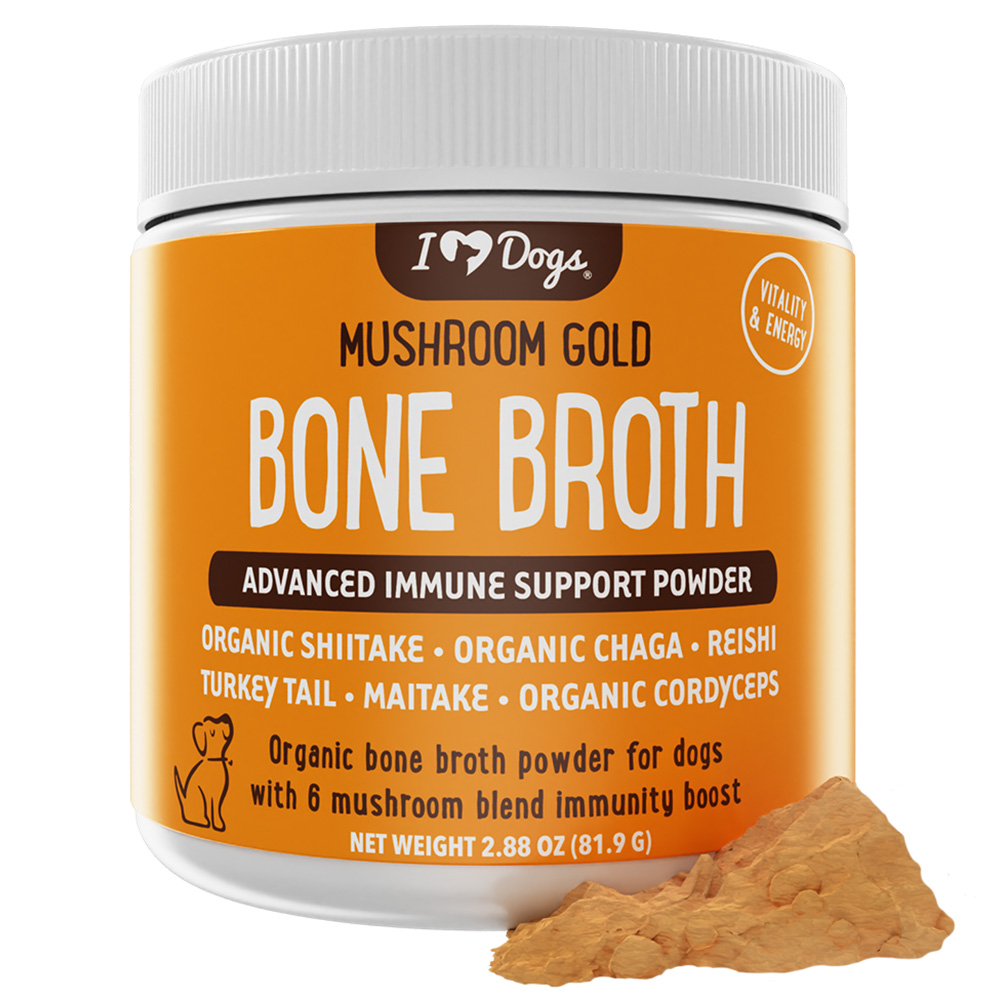
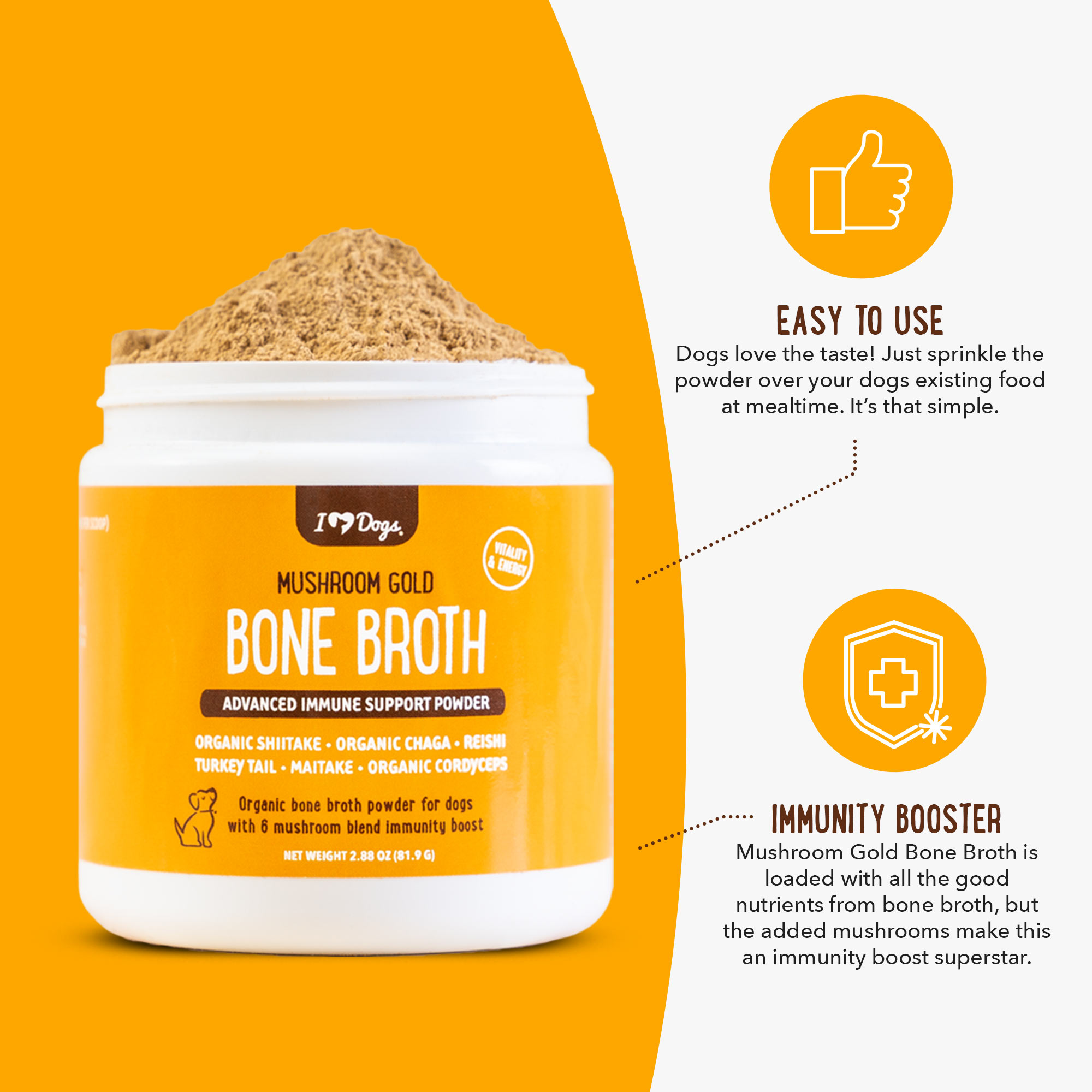

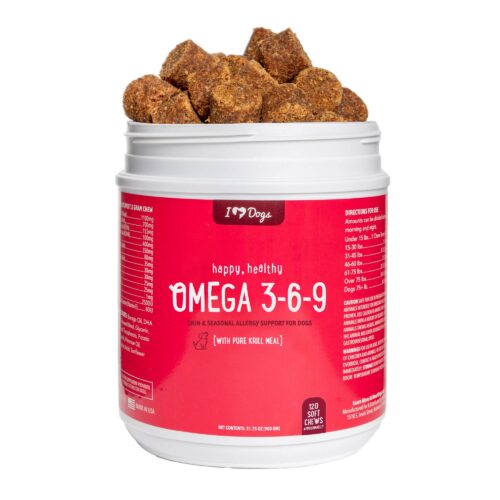
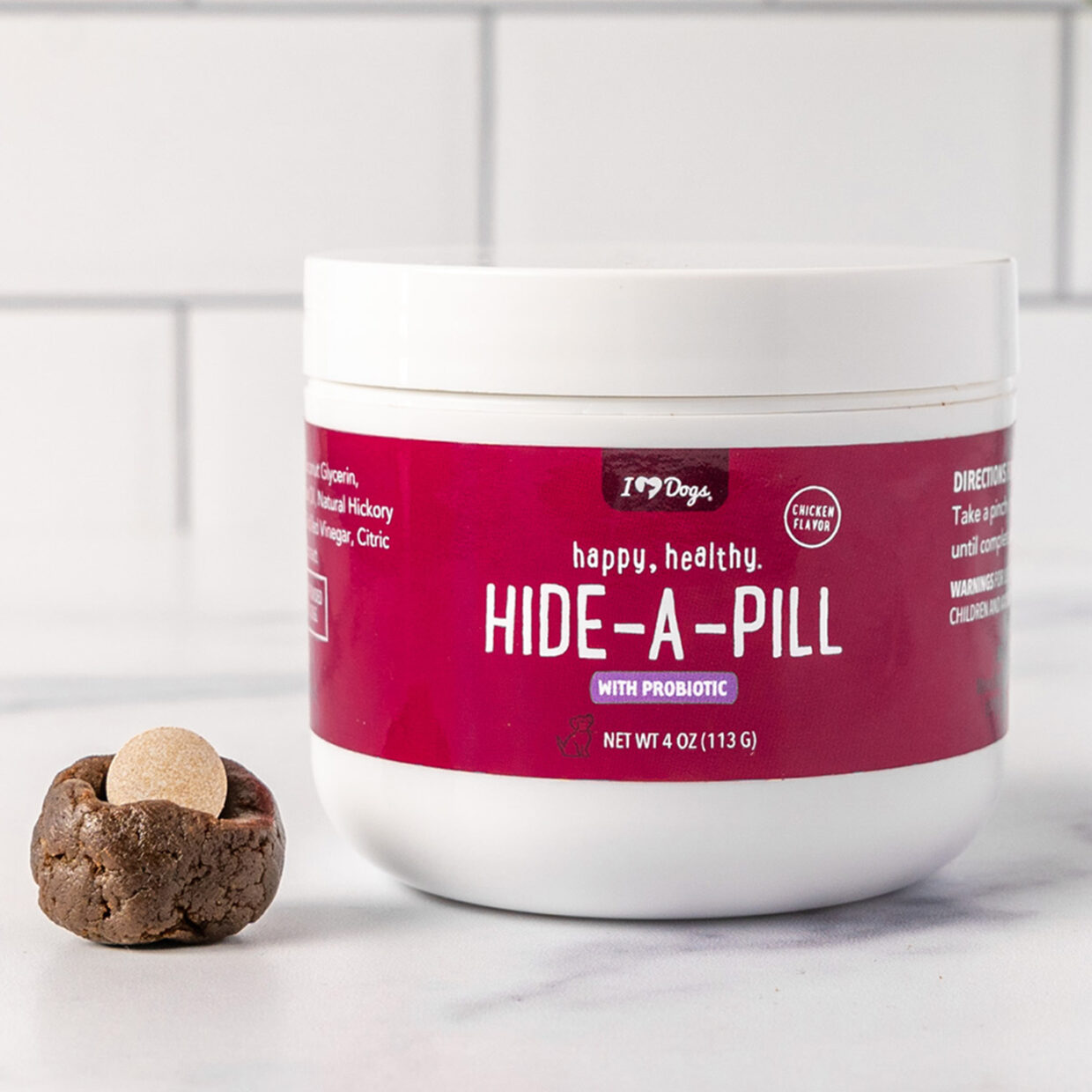
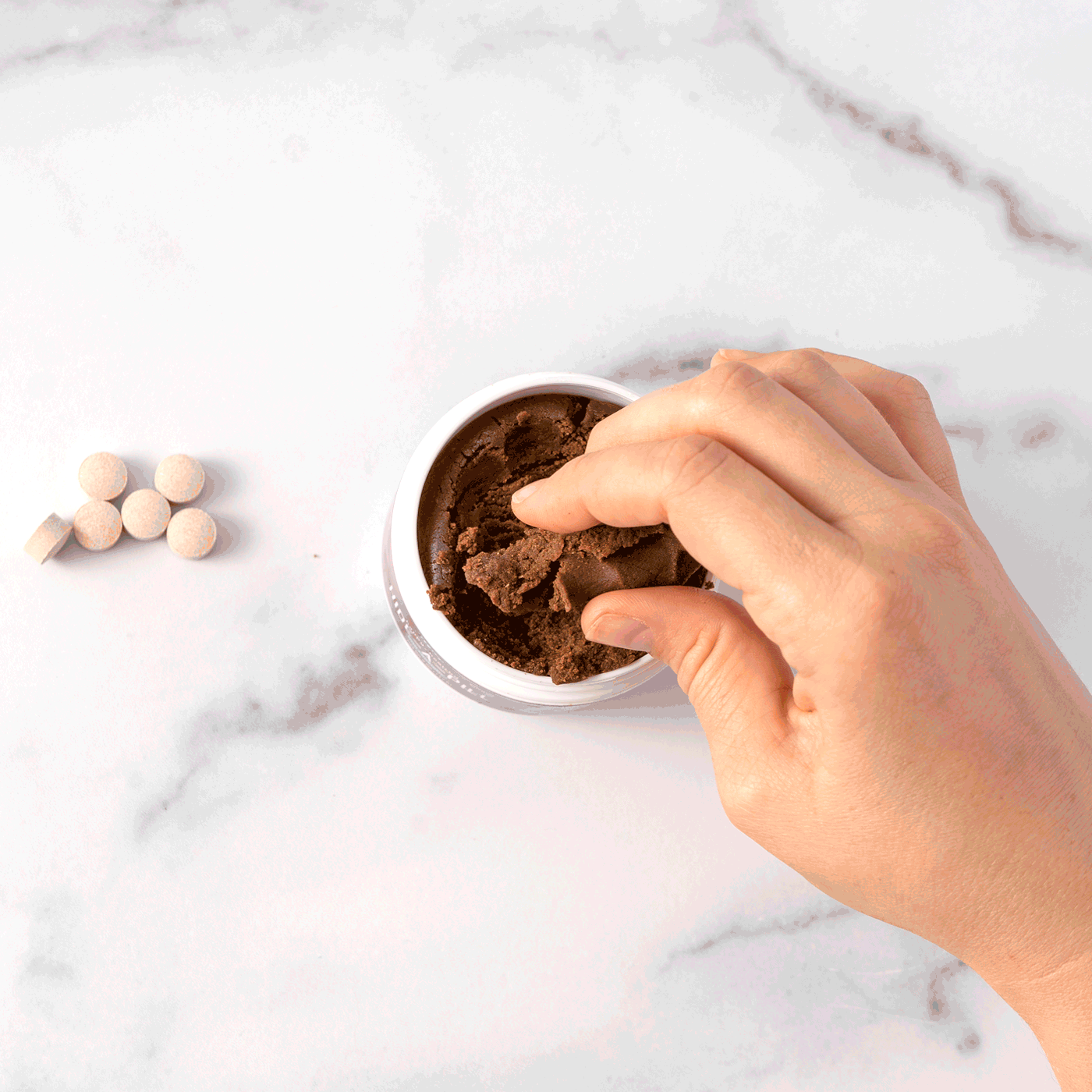
 Toledo, United States.
Toledo, United States.